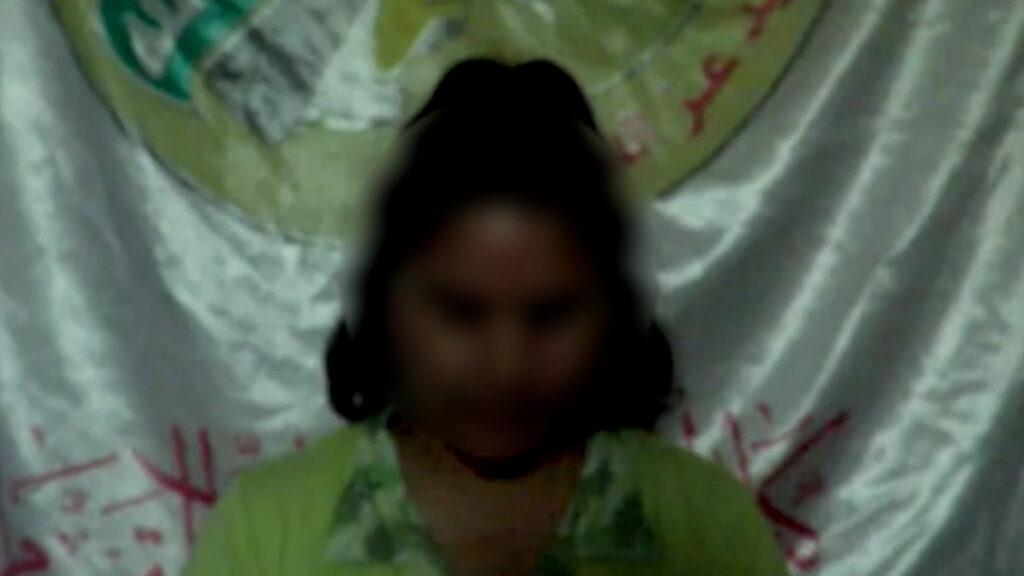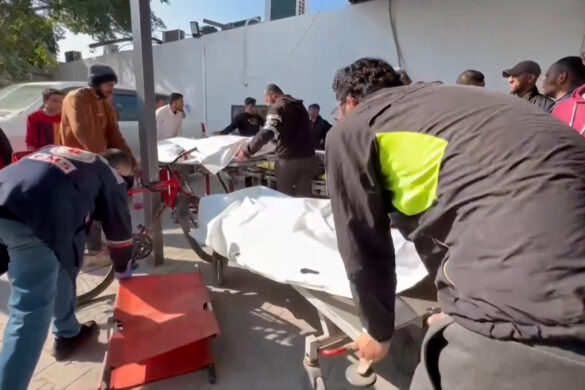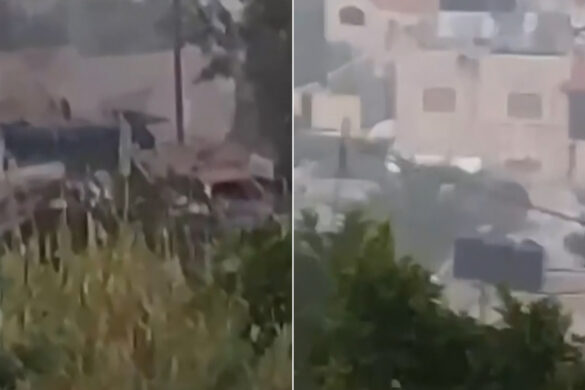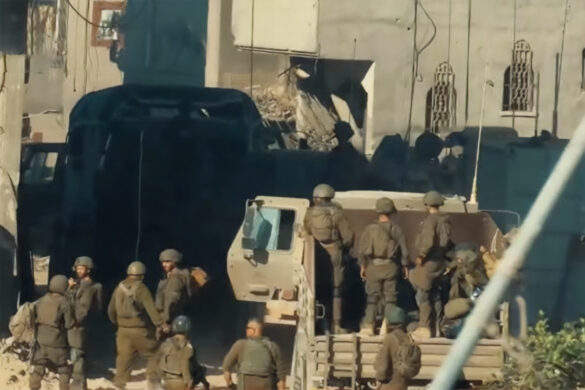The Izz al-Din al-Qassam Brigades, the military wing of the Islamic Resistance Movement (Hamas), broadcast a video entitled “Time is Running Out,” in which it published pictures of prisoners who were killed in raids launched by the occupation army on the Gaza Strip.
The publication of the short video, lasting one minute and 20 seconds, coincided with what the occupation army announced yesterday of the killing of 3 captured soldiers by occupation bullets in the Shuja’iya neighborhood.
Abu Ubaida, the military spokesman for the Phalange, said after the video was published, “The enemy is still gambling with the lives of its soldiers captured by the resistance, not caring about the feelings of their families.”
He revealed that “yesterday, the enemy deliberately executed 3 of its soldiers and preferred to kill them rather than liberate them, which is criminal behavior that it practiced and continues to practice against its captives.”
Abu Ubaida added, “The enemy is desperately trying to get rid of the burden of the prisoner file and its entitlements, which he knows well.”
Brigadier General and military expert Hatem Karim Al-Falahi had questioned, in an article with Al-Jazeera, the occupation army’s account regarding the prisoners that the occupation army claimed, and he explained that the Al-Qassam Brigades might have a different story about what happened.
Tel Aviv Tribune’s correspondent stated that the occupation army was quick to announce the killing incident out of fear that the Qassam Brigades would have a different story and that the army might be embarrassed if the brigades revealed what they had about the incident.




